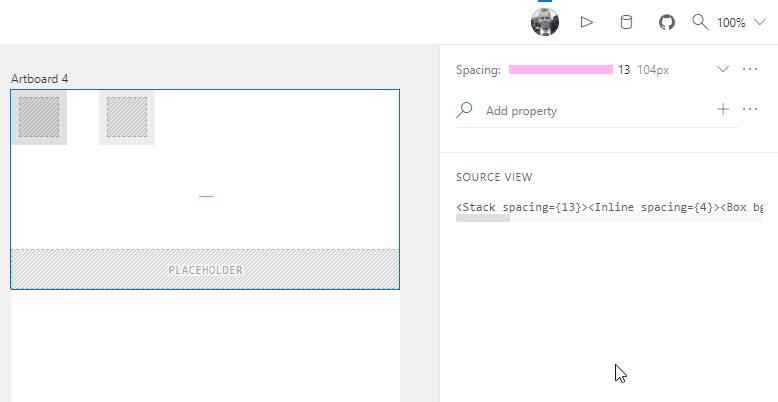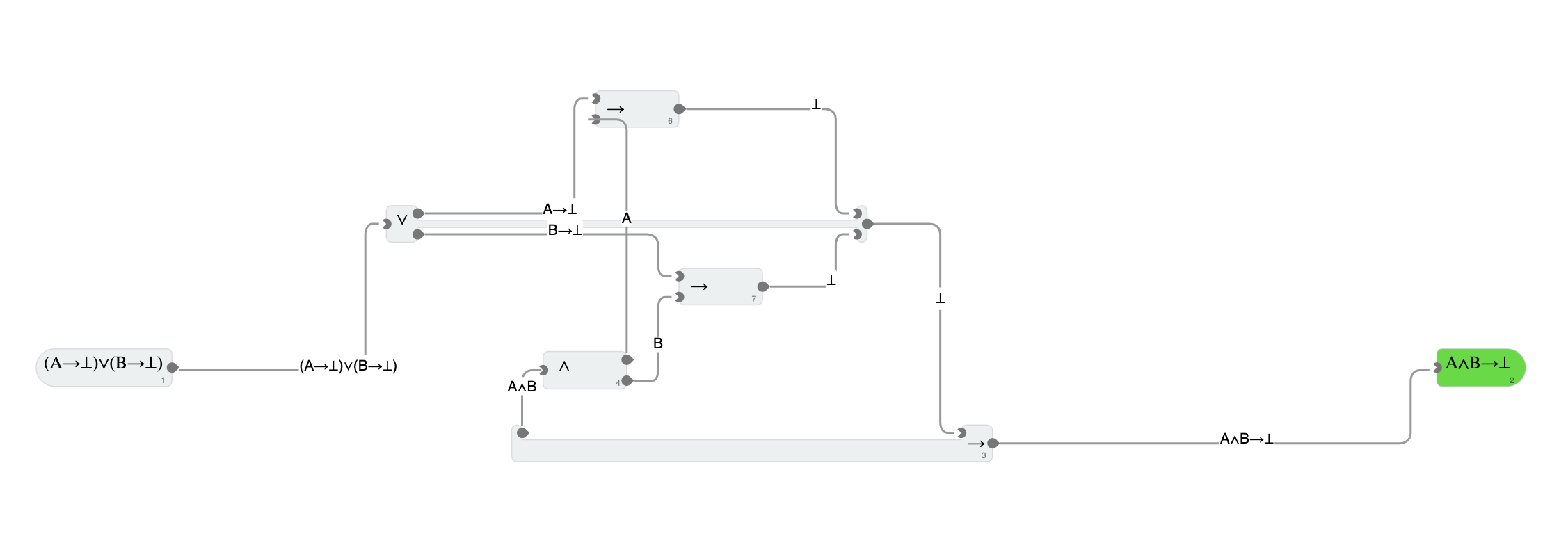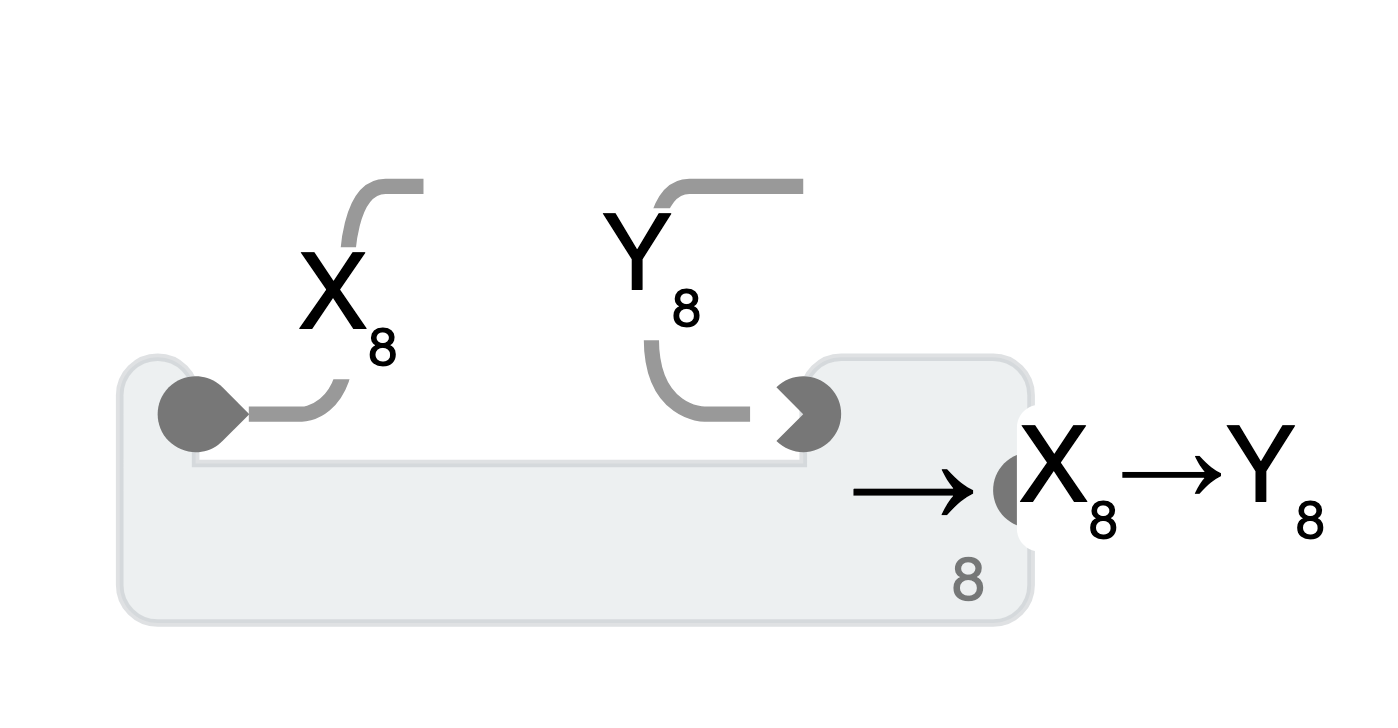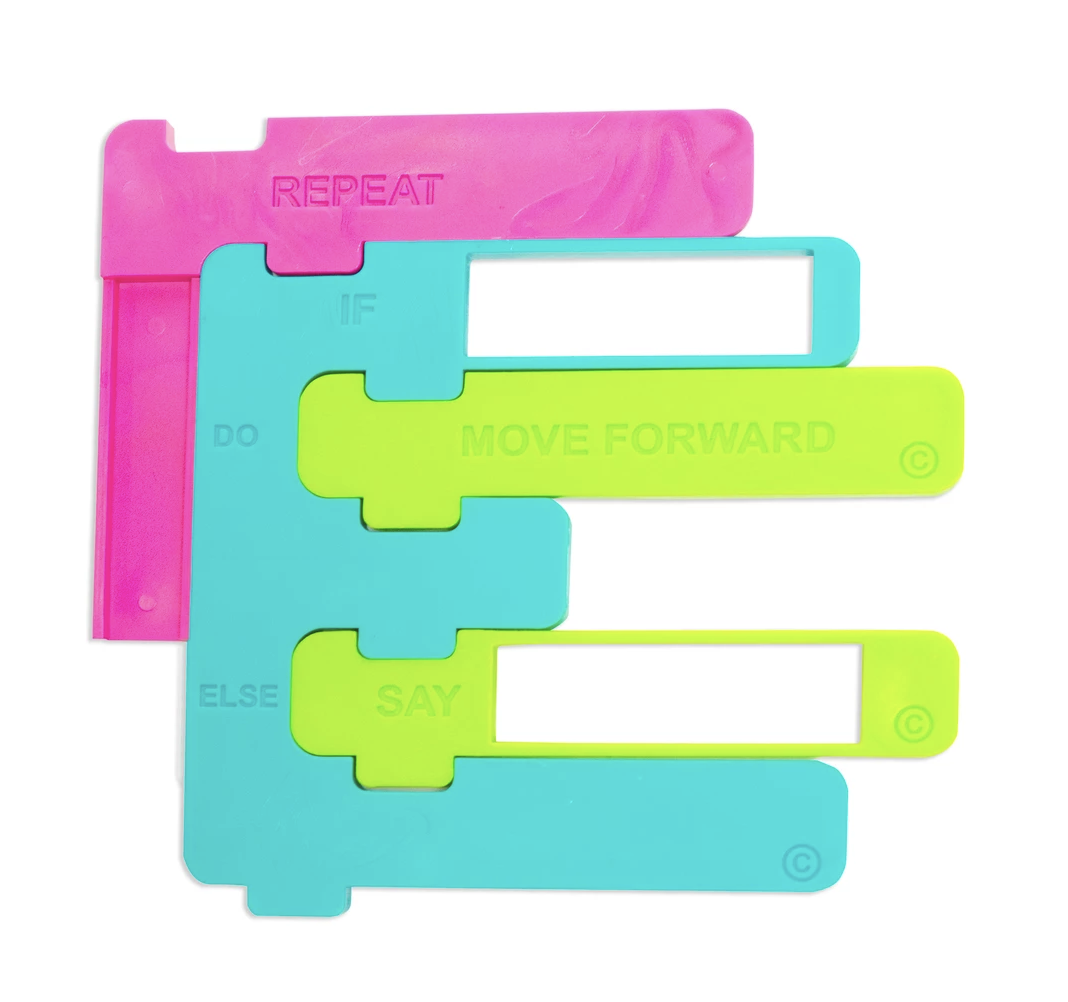🎥 Projectional Functional Demos ⚖️ NoCode doesn't Scale 🎹 A Machine for Thinking: Douglas Engelbart
Two Minute Week
🎥 Message passing for universal web app via Peter Saxton
I got my message passing working for my universal web app. By my definition universal is where a single program, single language and single type environment extend over client and server.







[x] Change Month and Week Number
[x] focWeekExport "2022-01-19" "2022-01-26"
[ ] Summary
[ ] Hashtags
[x] Check that comment links work (push weekly dump with channel summaries)
[x] Check to mention right person for moved messages
[x] Update Search Index
[x] Download New Attachments
[x] Update links
https://tinyletter.com/
https://tinyletter.com/marianoguerra/letters/
http://localhost:8000/history/
https://marianoguerra.github.io/future-of-coding-weekly/
https://stackedit.io/app#